Loneliness is a key factor in worsening mental health among seniors
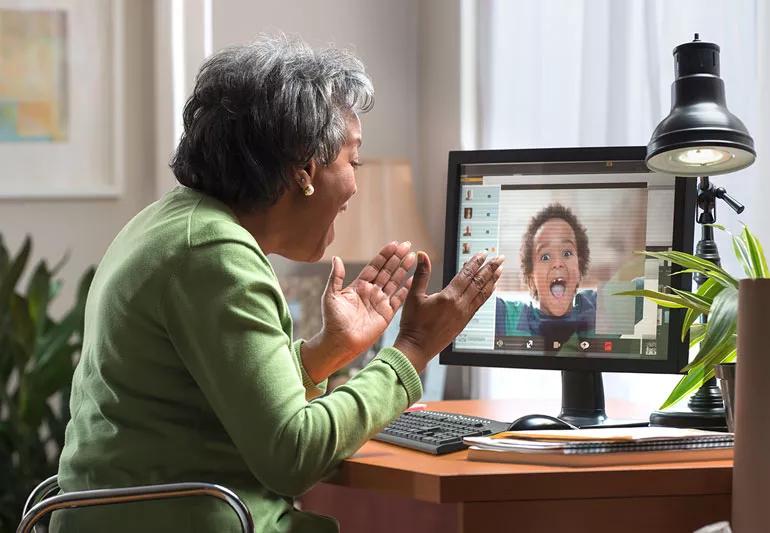
It’s natural to worry about the people you love most. And as your loved ones get older, it can sometimes be difficult to tell whether they’re struggling or just … well, getting older.
Advertisement
Cleveland Clinic is a non-profit academic medical center. Advertising on our site helps support our mission. We do not endorse non-Cleveland Clinic products or services. Policy
Is Dad just getting a little bit “Get off my lawn”-style cranky, or is he dealing with something more troubling, like depression or anxiety? Is your kooky aunt just a little bit forgetful like she’s always been, or is it actually a sign of dementia-related memory loss?
But you can make an effort to observe signs of memory and mental health issues and take steps to help your loved ones stay healthy.
Adults 65 and older are especially at risk for loneliness, says geriatric physician Kathleen Rogers, MD. “This increases the risk of being diagnosed with anxiety and depression or both.”
Chronic loneliness is associated with rising levels of the stress hormone cortisol, which can cause memory problems and other declines in mental and physical health, including a weakened immune system and an increased risk of cardiovascular problems.
“Many seniors were already dealing with isolation, and it worsened during the pandemic,” Dr. Rogers says. “As a result, we’ve seen more people with anxiety, depression and worsening memory loss.”
Here are some of the factors that can contribute to mental health issues in older adults:
Advertisement
Because of their past life experience, this age group is often able to be resilient in times of stress, which can protect people from some of the negative effects of aging.
And there are specific steps people can take to protect their mental health as they age. “We’ve recognized for a long time that certain protective factors help fend off depression in older adults,” Dr. Sanitato says.
He explains what they are and what they might look like in your life or in the lives of older loved ones.
Remember what we said about the effects of loneliness? It’s no surprise, then, that having a social support network is one of the keys to good mental health as you age.
“It’s really important that people stay connected or get reconnected,” Dr. Sanitato says. That may mean joining a new club or group, reconciling with siblings you haven’t seen in years or calling up old friends to renew past relationships.
Neighbors, he adds, can be an especially rich source of social support.
“Many times, they’re in a similar life circumstance,” Dr. Sanitato continues. “Sometimes, it can just be like, ‘We’ve lived next door to one another for 40 years. Do you want to go get coffee?’ I’ve seen those relationships become a major lifeline for people.”
Whether you’re devoutly religious or just love spending time in the great outdoors, Dr. Sanitato says that feeling connected to a sense of something bigger than you can go a long way for your mental health as you age.
“This doesn’t have to mean following Jesus or the Buddha, though it could,” he continues. “It may mean being a part of an organized religious faith, or it may be participating in a 12-step program, spending a lot of time in the sun or just having some feeling of connection to a higher power.”
And active engagement is key, whether it means being involved with your church, synagogue, temple or mosque, or joining a hiking club so you can regularly marvel at the wonders of nature.
Let’s say you used to be a star athlete, but now your physical health prevents you from participating in the sport you once loved. That can be a real blow to your sense of identity. And you may feel like your days of movement and exercise have come to an end.
“Loss of physical function and functional ability — like being unsteady on your feet or having joint issues — can limit your ability to participate in life as you know it,” Dr. Sanitato notes, “but it’s important to try to find adaptive strategies to keep moving and to sustain the social interactions that comes with physical activity.”
Advertisement
If you were a tennis player in your youth, maybe you’ll love playing pickleball on a senior league now. If you were once a runner, you may find the same high these days from walking laps around your neighborhood (and catching up with neighbors as you do). Depending on your specific health needs, look into other options like:
Your local gym or community center may offer classes specifically geared toward seniors, which is a great way to get moving and make new friends. “Just find a way to do something,” Dr. Sanitato encourages.
If you’re worried about the older adults in your life, do your best to make sure they have these things in place to keep their mental health and cognitive abilities in check:
Advertisement
Older adults are at greater risk for getting very sick with or dying from COVID-19, so some seniors are still significantly limiting their in-person social interactions. And of course, sometimes, you just don’t live as close as you’d like to the people you love.
While connecting virtually with your loved ones isn’t the same as hugging them and being with them physically, it’s a super-safe way to stay in touch and to keep spirits high.
“There are tablets with bigger monitors they could use, or even hook up the television to a webcam so they can see it on the big screen,” Dr. Rogers suggests. “They just might need somebody to help set that up.”
Signs of depression, anxiety or worsening memory loss often go unnoticed in older adults — which is especially troubling, given the high rates of suicide among this age group.
“Sometimes, people don’t want to deal with small talk or pleasantries anymore, or they simply don’t want to be seen,” Dr. Sanitato recognizes. “This can result in social withdrawal, a lack of interest in activities and changes in appearance and comportment.”
Keep an eye on the people you love as they age. Pay attention, especially, if they:
Advertisement
Your loved one may not ask for help or even realize they’re struggling with mental or cognitive health issues. But if you become aware, you can help set up an appointment with their primary care doctor. You can also call or text 988, known as the 988 Suicide & Crisis Lifeline, from anywhere in the U.S. to be connected to professionals who can help you work through your concerns and figure out next steps. They can even send a mobile response team and provide long-term support.
“Early diagnosis is really important,” Dr. Rogers stresses. “The earlier you diagnose depression, anxiety or memory loss, you can put things in place to help prevent or delay further decline.”
Learn more about our editorial process.
Advertisement

Many chronic conditions can cause fatigue — but don’t overlook mental health concerns, iron level and hormones

Some planning, products and projects can help older adults stay in their homes safely longer
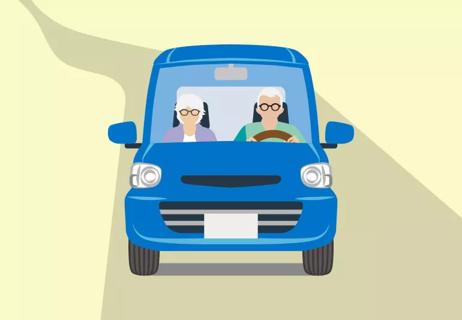
What to look for and how to handle signs of impaired driving
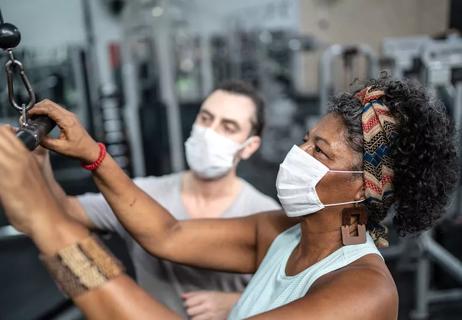
Learn how simple movements can preserve your health — and lessen your risk for falls
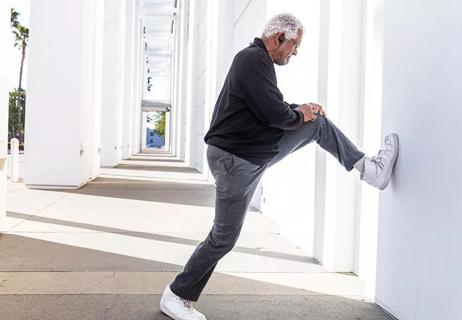
Leverage the synergy of simple adjustments

The signs might be subtle
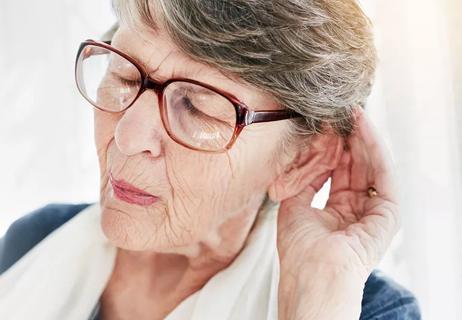
What you can do about hearing and vision loss

A glass child is the sibling of someone with special needs — often seen as the easy one, but carrying invisible burdens

If you’re feeling short of breath, sleep can be tough — propping yourself up or sleeping on your side may help

If you fear the unknown or find yourself needing reassurance often, you may identify with this attachment style

If you’re looking to boost your gut health, it’s better to get fiber from whole foods